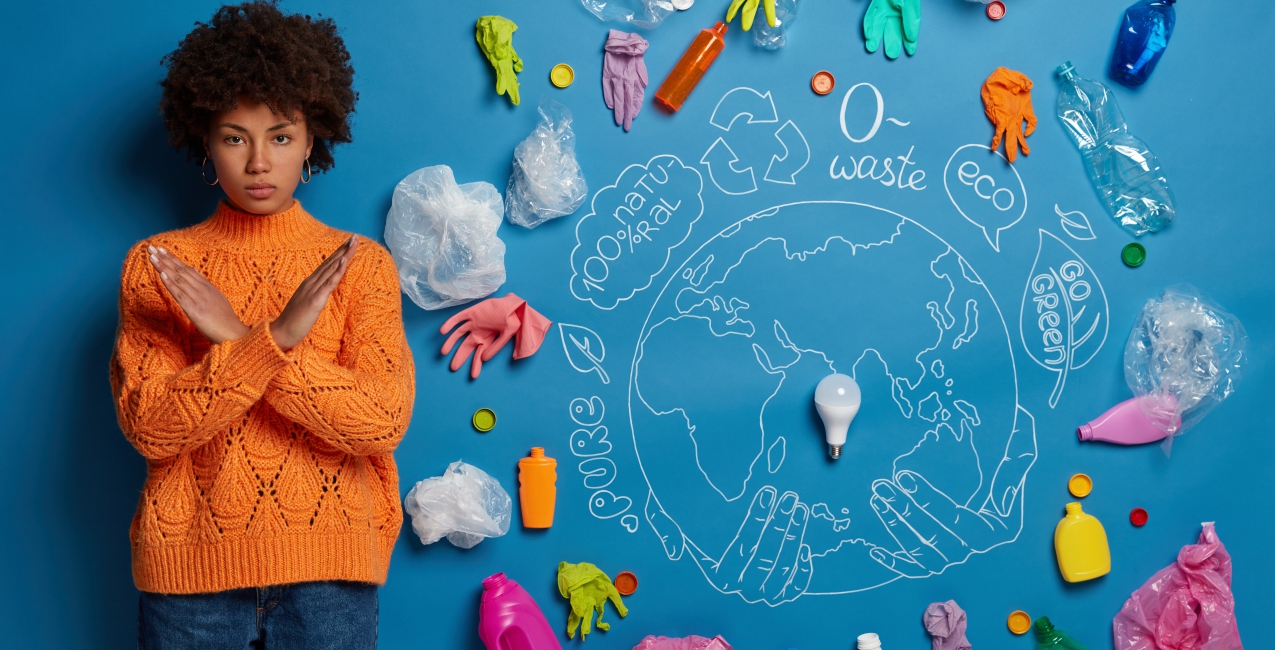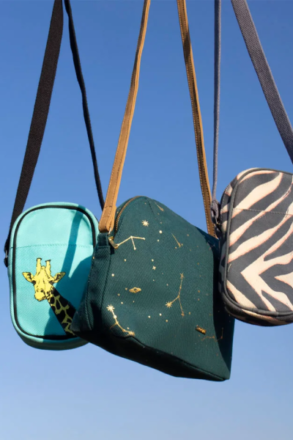- Empty cart.
- Continue Shopping
Things you should know about Plastic-Free July [A quick guide]

Plastic Free July challenge was born from a simple question: ‘I’m going to go plastic-free next month. Who wants to join me?’
For eco-conscious people like us, July is a fun month for awareness; awareness to go plastic-free. But why do we celebrate JULY as a PLASTIC-FREE month?
Let’s find out!
How it all began
Plastic-free July began as a personal challenge. It was done as a part of the global effort for the ocean, for the planet.
Spearheaded by Rebecca Prince-Ruiz (the founder of the Plastic Free Foundation), it is a global movement that aims to reduce plastic pollution drastically.
The main catch was that the challenge influences a behavior change in people who were just getting started on their plastic-free journey.
Choose one single plastic to avoid and you will soon discover you’re on a take-out-all-plastic spree. One little action serves a domino effect of sorts and an impact is made!
Time for some quick stat info:
Around the world, one million plastic drinking bottles are purchased every minute. while 5 trillion single-use plastic bags are used worldwide every year. In total, half of all plastic produced is designed to be used only once — and then thrown away.
Plastic ‘seems’ to have many valuable uses and we have become addicted to single-use or disposable plastic. We keep forgetting how the plastic we throw away after a single use, remains for long and is toxic.
Our planet is drowning in plastic pollution—and it’s time we take action on a wide scale. The gravity of this motivation drives the Plastic-Free July campaign.
How does it work?
Like we talked about just now, the major driving force for the campaign is doing the little we can. The fuel for Plastic-free July comes from:
1. Empowering and supporting individuals to make personal changes, which often expands into communities and workplaces.
2. Sharing positive stories of solutions and impact to engage a wide audience and influence change. People do what they see others do.
3. Driving systemic change through action. Being part of a change for the better is rewarding and contagious for consumers and businesses. Small changes do add up!
Want proof?
In 2020, amidst a global pandemic, participants avoided using 904 million kg of plastic waste. Changes in packaging, bans, clean-ups, improved waste management, and better recycling strategies! To create a world without plastic waste we need to change our consumer culture and address the problem by turning off the tap, not simply by mopping the floor.
The Plastic Free July Challenge seeks to address the most critical solution to plastic pollution – waste avoidance.
Now if you think for a minute,
Reducing waste and recycling is significantly more energy-efficient than piling up landfills or trying to extract plastic waste from the environment.
And one should also keep in mind that, Plastic Free July isn’t about drastic lifestyle change; it’s about being conscious and taking small but smart steps to reduce the use of plastic.
A majority of the participants who took up this challenge, started by choosing to refuse at least one single-use plastic. And surprisingly, nine out of 10 were influenced to create long-term habits that lasted far beyond the one-month challenge! Isn’t this cool enough?
How to participate?
All you have to do is commit to one month of trying to avoid disposable plastic. You can challenge yourself and commit to different levels.
Beginner:
All you need to do is pick one disposable item from the BIG FOUR:
single-use plastic straws, coffee cups, grocery bags, or water bottles.
Then start replacing it with eco-friendly alternatives and create a new solid habit!
Say, you want to avoid using plastic grocery bags. You can get an affordable and organic reusable bag for your grocery shopping. As simple as that!
Intermediate:
You can commit to eliminating all from the Big Four (single-use plastic straws, coffee cups, grocery bags, or water bottles)
OR
Other single-use plastic items you notice in your room and outside, like plastic phone cases, plastic dish-wash containers yada yada yada.
You can ace the intermediate level also by cloth swapping and a second-hand fashion spree! Fast fashion accounts for the majority of plastic pollution and global emissions. We can start by reusing and borrowing clothes, switching to eco-friendly lifestyle products, and shopping local and organic!
Expert:
The expert level is for the energetic and the committed!
You can go all in and avoid disposable plastic objects for the entire month. Say what now?
It’s actually easy once you climb up both the intermediate and beginner levels 😉
So there you go! A quick glance at the celebration campaign of July. Check out our IG for more updates and inspo!
And here’s a small surprise for you! Get 20% off on every purchase from our website this #PlasticFreeJuly!













